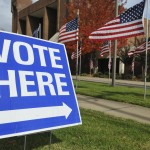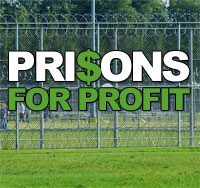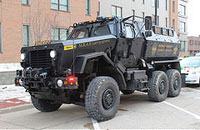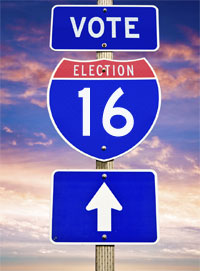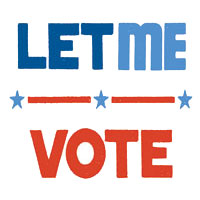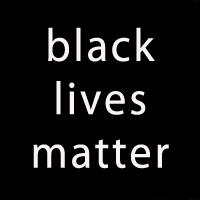- About
- Events
- News
- Our Work
- Issue Areas
- All Issue Areas
- Columbus Safety Collective
- Disability Rights
- First Amendment
- Greater CLE Youth Justice Collective
- Immigrants' Rights
- Legalize and Repair
- LGBTQ Rights
- Mayor's Courts
- Public Records
- Racial Justice
- Repealing the Death Penalty
- Reproductive Freedom
- Statehouse to Prison Pipeline
- Vote Center
- Take Action
- Get Involved
- Know Your Rights
News & Commentary
Aug 26, 2016
Who’s Really Eligible to Vote?
Many Americans believe a felony or other criminal conviction prevents you from voting. In reality, it depends on the state. The patchwork of state laws feeds the myth that people with criminal records cannot vote. This lack of consistency in state laws makes it confusing for returning citizens. In Maine and Vermont, anyone can vote regardless of their criminal history, even if they are currently incarcerated for a felony. In Florida, Kentucky, and Iowa, individuals convicted of a felony have lifetime bans on their voting privileges, regardless of the nature of their crime or completion of their sentence. In other states, some individuals have to wait five years before they can regain their right to vote. What makes Ohio different? Ohio has some of the most open voting laws for individuals with criminal convictions. As long as an individual is not currently in prison or jail for a felony charge, they can vote. Even people under community control, like probation or parole, awaiting trial for a felony, living in substance abuse treatment centers or halfway houses, can also vote. Ohio residents and legislators who understand that a person’s criminal history should not deprive them of their civil rights have been key to ensuring everyone’s voting rights are protected. However, in other regards past convictions still trap them to the bottom rungs of our society. Often a returning citizen’s convictions present barriers to employment. A criminal record can also prohibit them from obtaining certain occupational licenses, accessing public and private housing, applying for federal student loans, building credit to apply for a car or home loan and more. Their past is a constant stumbling block for their future. It makes it harder for them to reintegrate into society and become productive citizens, either socially or economically, because they are continually penalized for their past. Part of Our Democracy For those who have served their sentence, additional barriers should not continue to prevent them from reintegrating into their communities or supporting their families. Removing such barriers is key to securing their future. Voting is one integral piece to helping people feel part of our democracy.

Stay Informed
Sign up to be the first to hear about how to take action.
By completing this form, I agree to receive occasional emails per the terms of the ACLU’s privacy statement.
By completing this form, I agree to receive occasional emails per the terms of the ACLU’s privacy statement.

